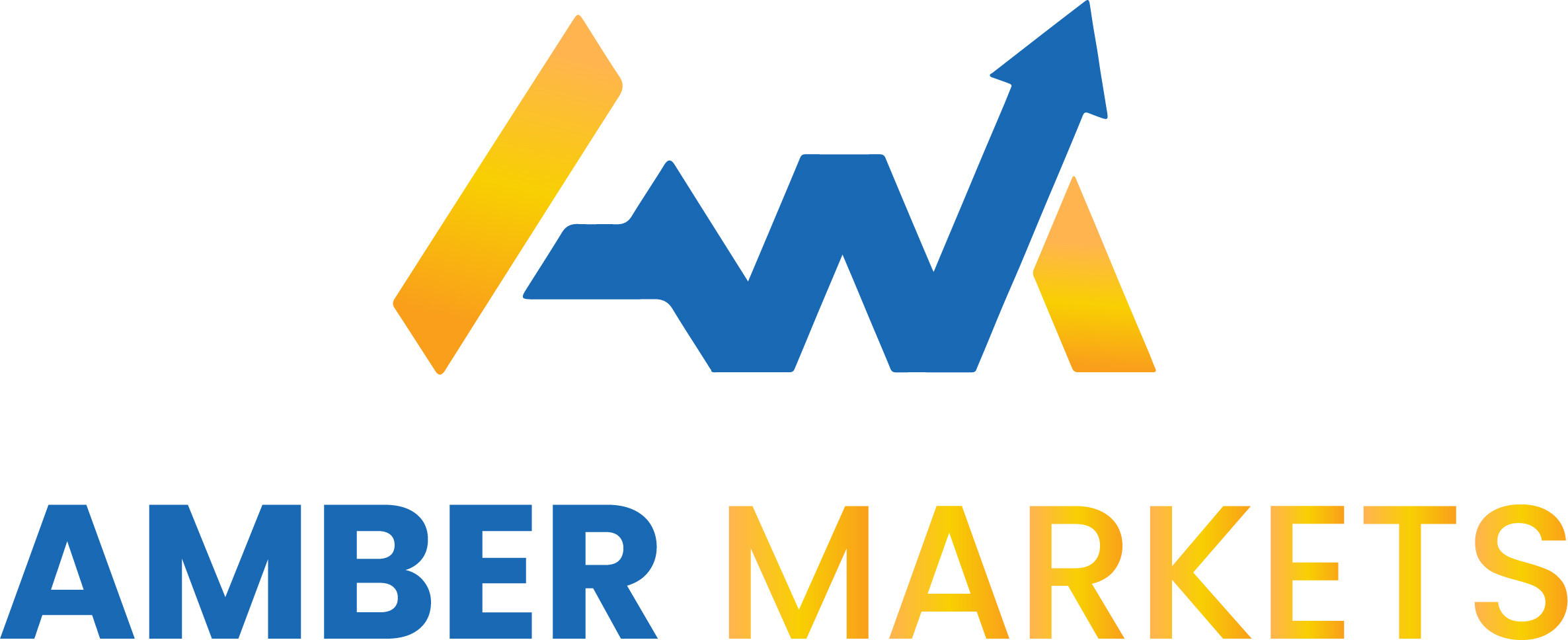Frequently Asked questions
As an interbank market, that is decentralized, isn’t owned by any specific person, country, or government. The world’s biggest banks, (Citi, JP Morgan, UBS, Barclays, Deutsche Bank, Goldman Sachs, HSBC, and Bank of America) based on supply and demand, determine the currency prices. Transactions only take place purely between the buyer and seller.
Currencies move depending on several things but most important is the supply and demand. If demand is high, the price will increase, if demand is low the price drops. Other factors include political events, changes in government policies, economic health, and general human behavior.
Leverage is where an individual or company uses borrowed money, from a brokerage, to invest in a currency or asset. This allows you to increase potential profits, without having the initial funds in your account. Amber Markets offers leverage of up to 500:1 and traders can choose how much leverage they wish to use.
The amount of money you need to begin trading depends on your appetite for risk, leverage ratio, and which financial instruments you are looking to trade. Minimum amounts vary depending on your brokerage, with Amber Markets, you can start trading, metals, commodities, shares, and indices, from just $100.
Currencies are always traded in pairs and the values fluctuate depending on several variables. If demand is high, the price will increase, if demand is low the price drops. Other factors include political events, changes in government policies, economic health, and general human behaviour. Traders will buy, or sell, the currency for another currency depending on the goal of making a profit. Open an account with Amber Markets to begin trading with as little as $100. Amber Markets also offers a demo section where you can practice trading before using real money.
The New York Stock Exchange is the largest in the world with a market cap of over $25 trillion. The next biggest, by their market cap, are the NASDAQ, Tokyo Stock Exchange, and the Euronext Stock Exchange. Other major exchanges include the London Stock Exchange (LSE), the S&P 500, the Dow Jones Industrial Average, the Hong Kong Stock Exchange, and the DAX index.
Indexes offer a benchmark allowing you to see how your investments, and the economy overall, are performing. The clue is in the name – indices are indicators. Indices are there to provide a baseline to measure your portfolio and also to help investors decide on stock investments if they don’t know which individual stocks to invest in.
Trading indices carries less risk than other trading because you’re not investing in a single company, which has the potential to run into trouble in a short space of time. You also avoid the risk of losing all your money, because an index cannot go bankrupt like a company can. Indices benefit from the global economic situation so if one of the companies is doing badly on your index, the others may be doing well so your investment can still rise, unlike individual stock trading. Indices are passively managed too so you don’t have to pay fees to a portfolio manager to manage your investment.
Amber Markets enables its clients to begin trading indices on Amber Markets Trader platform Maximus, with a minimum account size of $100.
Amber Markets allows you to buy and sell commodities with Contracts for Difference (CFDs). This enables investors to profit from both a dip and a rise in price as you are speculating on the difference in price from the moment the contract begins to when it ends. You can also protect yourself from potential losses by defining stops and limits to close your position when it hits a pre-determined rate.
A great way to diversify your portfolio is by investing in natural gas and crude oil. As demand grows investors can make a profit on their initial investment. Amber Markets guarantees its clients there’s no price slippage, no requites, and no rejections and offers Negative Balance Protection, safeguarding you from potential losses.
Crude oil and natural gas are the world’s most traded commodities, both of which can be traded with Amber Markets. Other popular commodities include soybeans, corn, gold, copper, coffee, and silver. Prices can change quickly giving traders a great opportunity to profit from both positive and negative price movements.
Amber Markets enables its clients to begin trading commodities on the Amber Markets Trader platform Maximus, with a minimum account size of $100.
Amber Markets offers clients the trading of both gold and silver. Precious metals are a great way to diversify your portfolio and can increase your rate of return. The value of gold and silver is not directly linked to those of stocks and bonds and can serve as a hedge against market volatility and an economic collapse. Historically gold and silver have always been of value and continue to maintain global purchasing power to this day.
There are various methods when investing in precious metals, the easiest of which is to trade gold and silver through contracts for difference (CFDs). The biggest advantage to CFDs is you can buy and sell directly through Amber Markets and can quickly profit from a price change (both positive and negative movements). Another way to invest in metals is to buy physical gold and silver coins or bullion, however, these are often subject to a “making charge” and you must safely store your purchase. Many countries have restrictions in place for the quantity of physical gold and silver you can bring into the country which may be taxed at customs.
Amber Markets offers its customers leverage of 200:1 when trading gold and silver. Using leverage allows you to increase your exposure to gold and silver thus giving you the opportunity to maximise your profits without having to pay the full market price for the asset.
Gold, silver, platinum, palladium, and copper.


